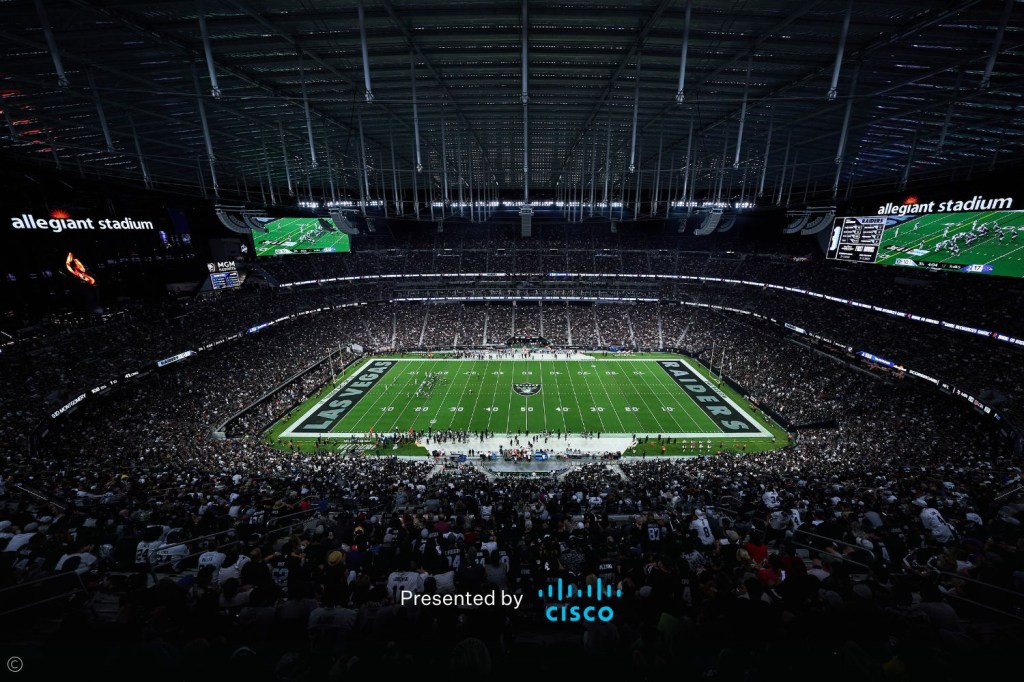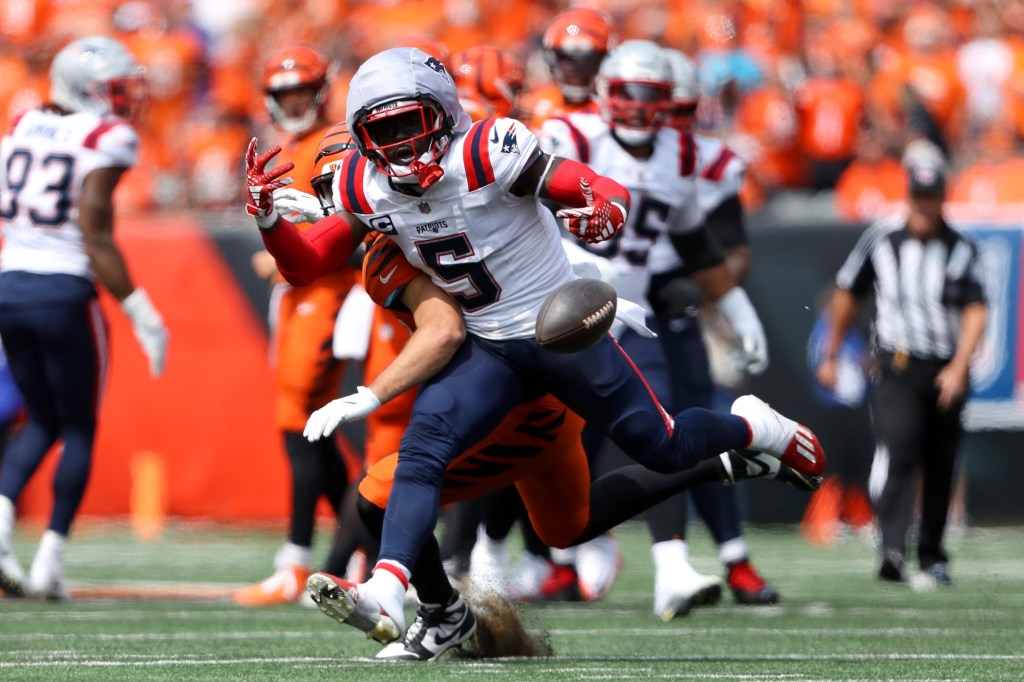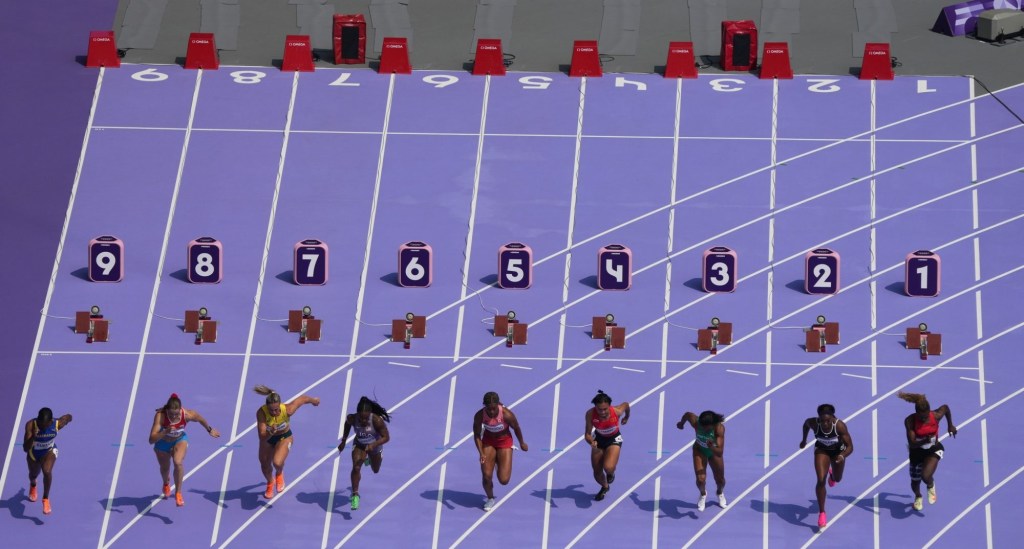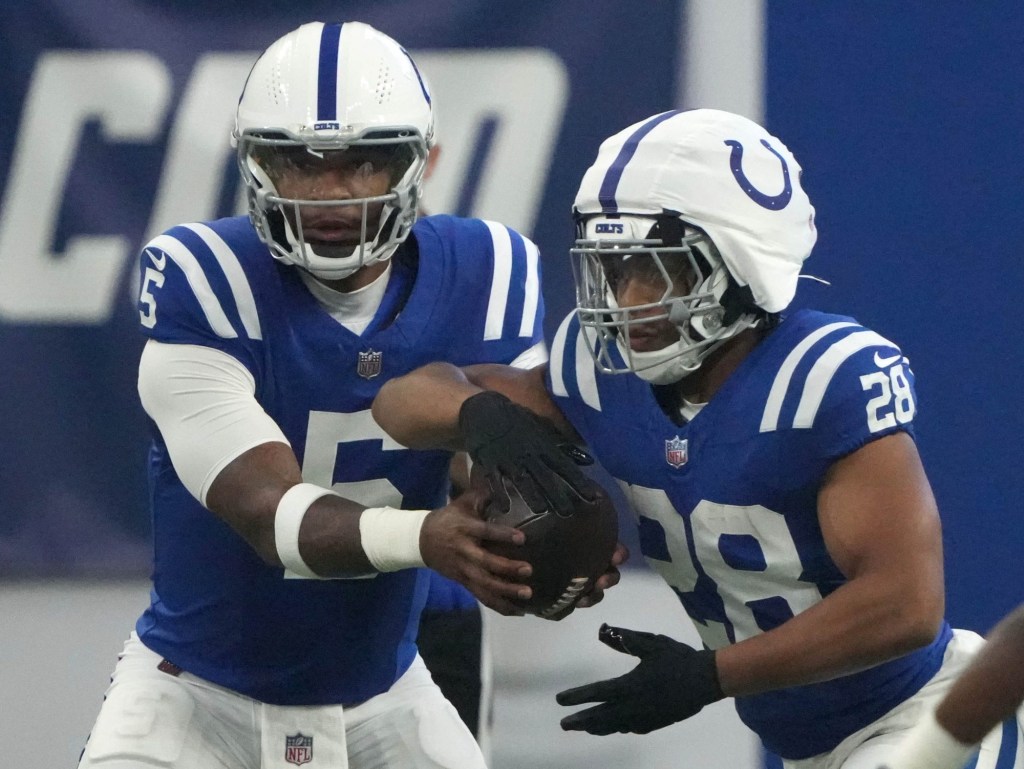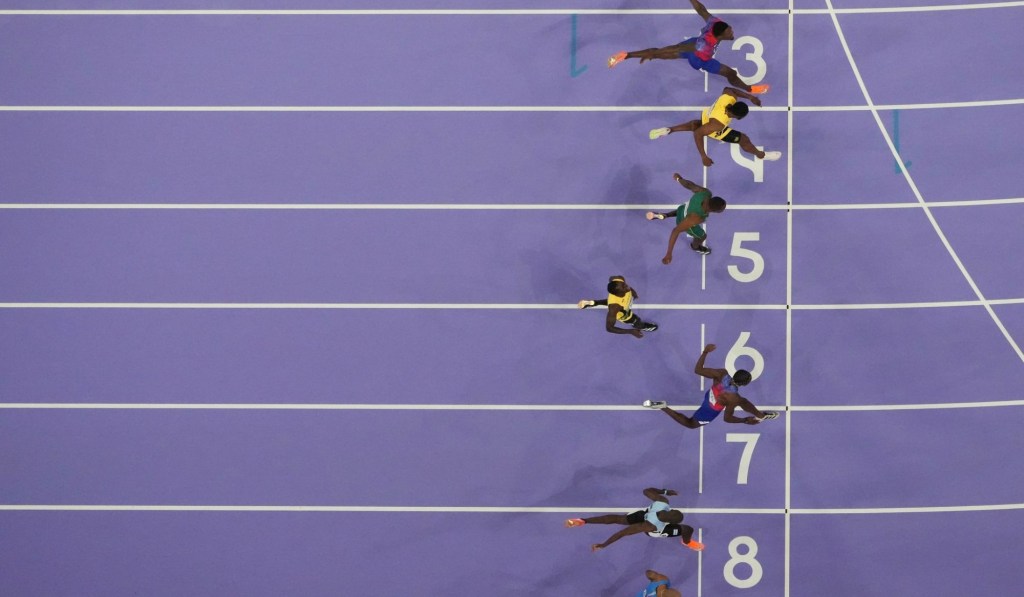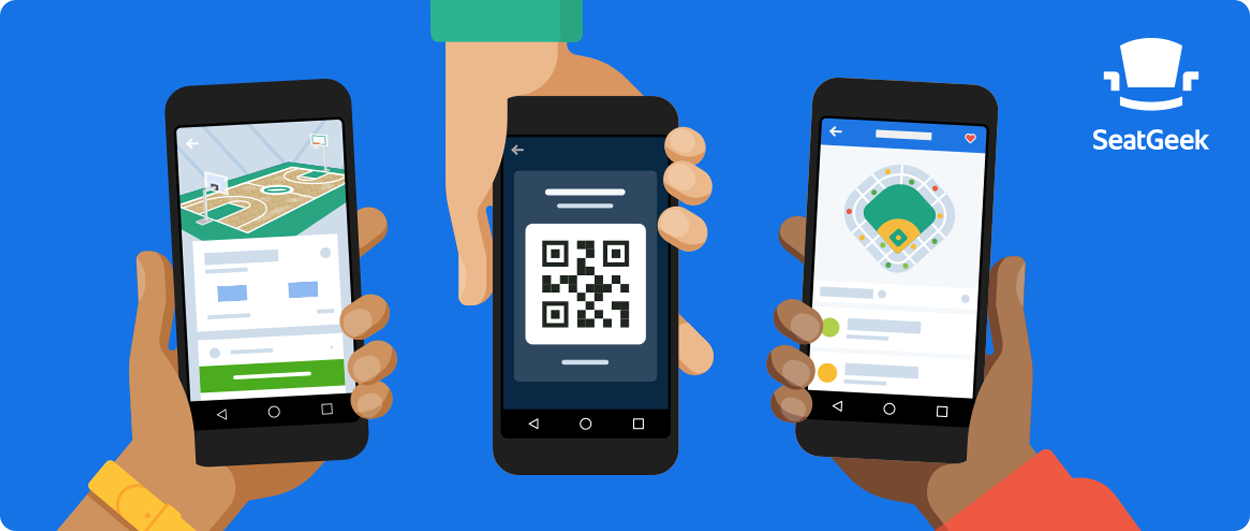
If you would have asked Russell D’Souza 12 years ago where his career would take him, he probably wouldn’t have mentioned the ticketing world.
Yet, almost 10 years have passed since he and Jack Groetzinger founded SeatGeek, after both spent time in management consulting jobs and at their previous startup Scribnia.
Their entrepreneurial endeavors started in college, where the two built a dorm room furniture rental business that they ended up selling to other kids at Dartmouth.
“When we were in college, we decided that we were going to try to start a business and see what we can do,” D’Souza explained.
Lugging futons through the snow in New Hampshire and loving it was enough to convince them that entrepreneurship was for them.
Fast forward a few years and after selling Scribnia, the duo was living in Boston at the height of New England sports domination. The year was 2008 and the Red Sox were coming off a World Series victory in 2007, the Celtics had their Big Three, and Tom Brady was throwing touchdowns left and right to Randy Moss.
“We’d like to think of ourselves as a different type of startup company, one that can actually change the way that things are.” – Russell D’Souza, Co-Founder of SeatGeek.
While the sports scene in Boston couldn’t have been better, the ticket-buying experience couldn’t have been worse. D’Souza and Groetzinger sensed an opportunity.
Thus, SeatGeek was born.
“You’re paying tons of money to buy tickets and the whole process felt crappy. There were so many different sites you go to. It was confusing for fans and there wasn’t a good Kayak-like interface to be able to see what’s available and to be able to purchase,” D’Souza said.
[mc4wp_form id=”8260″]
Humble beginnings have turned into a business that has raised $160 million over the course of multiple rounds of funding and counts the likes of the Dallas Cowboys, New Orleans Pelicans, and Manchester City as clients.
Growth was steady for the business until they unveiled their app, at which time D’Souza noted that, “steady became explosive.”
A well-funded business, D’Souza credits the capital SeatGeek has received as one of the key reasons behind the company’s growth, citing the fact that it allowed them to “think much more long-term.”
“We knew we had this opportunity to potentially transform how ticketing worked in the U.S. and we knew that it wasn’t going to happen in the next two to three years. Looking at how we view the industry over the course of the next 10-15 years, we kept coming back to the fact that in order to fundamentally change the industry, we were going to have to be more than just a consumer brand.”
READ MORE: How Teams Are Using Technology to Increase Ticket Sales
To do that, the company turned its attention to building out a B2B/enterprise side of the business that would allow them to work directly with the content providers.
Originally working with Israeli software company TopTix, SeatGeek acquired the company for close to $60 million, a move that D’Souza says was key to the growth of their B2B aspirations.
“Having both a primary brand and great B2B technology, coupled with a consumer-facing brand, has allowed us to go out and win new business.”
When it comes to new business, it doesn’t get much bigger than the Dallas Cowboys, who SeatGeek was able to wrestle away from Ticketmaster earlier this year.
READ MORE: Subscribe to the Social Experience: Welcome to MLB’s Next Wave of Ticketing
While it may sound simple, SeatGeek’s mission on the primary ticketing side as described by D’Souza is to help teams “sell more tickets” and they are doing that by finding ways to integrate partners like Snapchat and others into their ecosystem so their clients can put their inventory on those platforms directly.
The goal? Create better discoverability options as well as being able to surface new data for teams and leagues that they can use to turn a two-game buyer into a season ticket holder.
As for where SeatGeek goes from here, becoming a larger international brand is chief on the mind of the company’s leadership team.
“We are at a compelling point in the history of SeatGeek. Our B2C product is doing very well and now we are making progress on the B2B side of the business. Abroad, we don’t even have a consumer brand. Now that we have all of these pieces in place, the goal is to put the puzzle together and deliver the best experiences possible for both our users and our enterprise clients.”
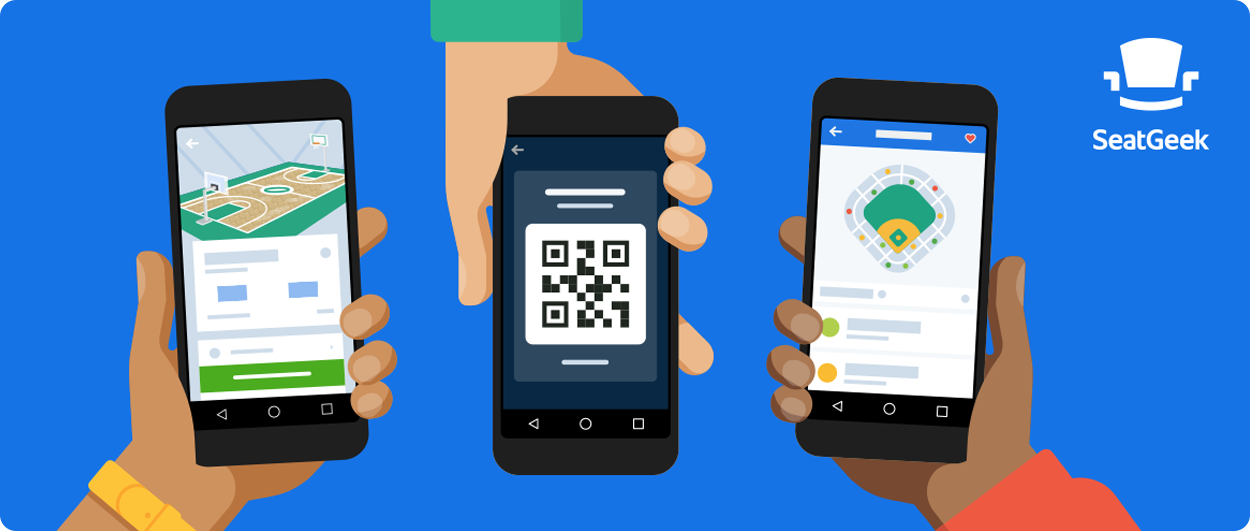

![[Subscription Customers Only] Jun 15, 2025; Seattle, Washington, USA; Botafogo owner John Textor inside the stadium before the match during a group stage match of the 2025 FIFA Club World Cup at Lumen Field.](https://frontofficesports.com/wp-content/uploads/2026/02/USATSI_26465842_168416386_lowres-scaled.jpg?quality=100&w=1024)
![[Subscription Customers Only] Jul 13, 2025; East Rutherford, New Jersey, USA; Chelsea FC midfielder Cole Palmer (10) celebrates winning the final of the 2025 FIFA Club World Cup at MetLife Stadium](https://frontofficesports.com/wp-content/uploads/2026/02/USATSI_26636703-scaled-e1770932227605.jpg?quality=100&w=1024)





